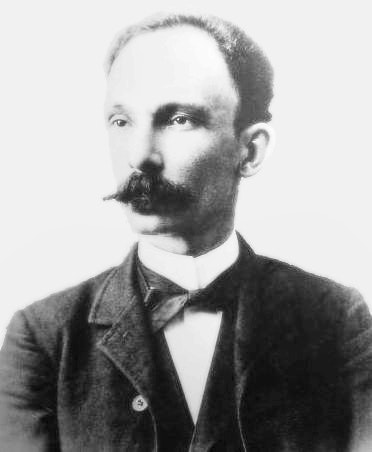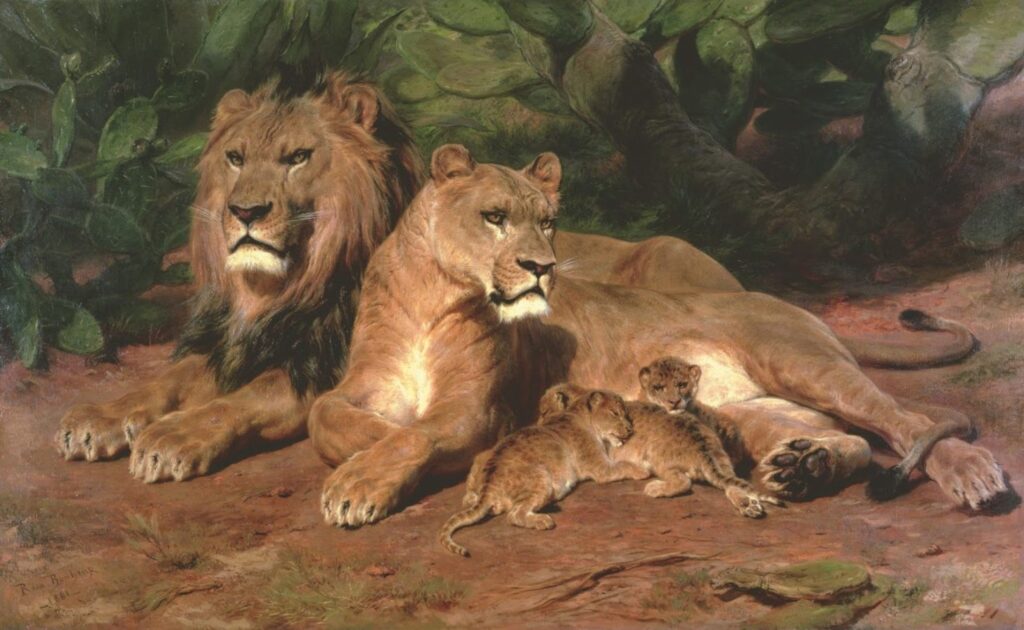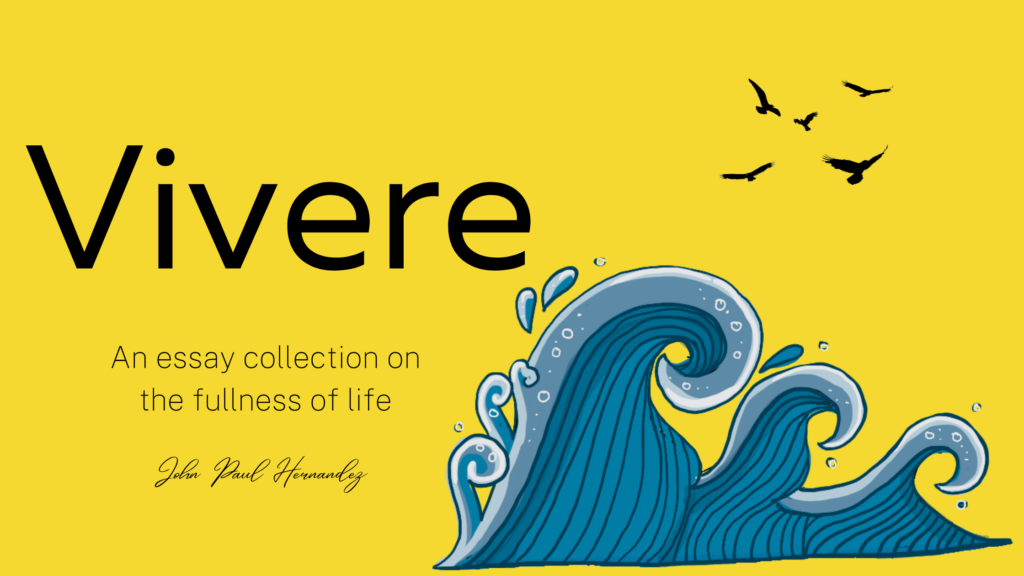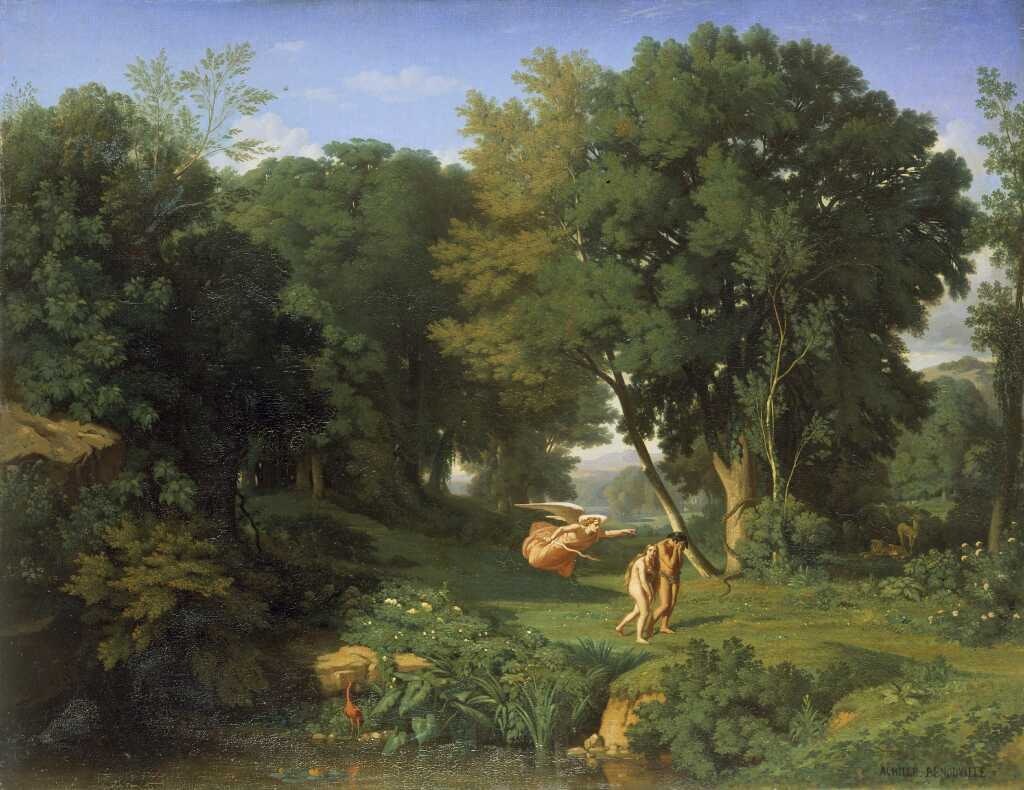In 1869 Havana, when Jose Martí was 16 years old, he had planted the seeds that would one day liberate Cuba from Spain. He started a newspaper that championed the island’s independence, hoping for a free and prosperous nation. The Spanish authorities awarded him six years of forced labor for his rebellious pen. But Martí, the poet and symbol for independence, would soon live in infamy.
In a series of events that bounced Martí from Mexico, Guatemala, Spain (then exiled), and Venezuela, Martí eventually settled in New York. From there, he would become Cuba’s version of Thomas Paine, using letters to spark a fervor for freedom in Cuba.
After cultivating his cause, and starting the Cuban Revolutionary Party with the Cuban émigré community in Florida, the war for independence began to shape. Jose, a man of letters, was not known for his tactical strength and military acumen. He never participated in active combat. In fact, historians believe he was discouraged to even participate. He was a man of the arts, an inspiration, but not a fighter. He made the biggest impact with a pen and paper. But rather than hunkering down thousands of miles away, he wanted to lead the revolution and make history. He wanted to live.
On May 19th, 1895 during the Battle of Dos Rios, Jose Martí was an easy target, riding a white horse while wearing a black jacket. He was shot and killed—a premature death. But in his 42 years of life, with his writing and influence, he inspired the lives of millions for a free Cuba. They would eventually get their independence from Spain and establish Jose Martí as a founding father of the nation.
What moved Martí to give up his life for a purpose greater than himself? What difference did it make if he remained doing what he did best (safely) instead? Some would say his decision was radical. Others might say he answered a call. As Martí said himself, “A genuine man goes to the roots. To be a radical is no more than that: to go to the roots.”

In contemporary culture, we have forgotten who we are, what makes us happy, and why we are on this earth. We seek quick satisfaction and pursue things that only benefit us. The materialism of consumer culture; the egoism born from social media; the false praise for workaholism; all these things have torn us away from our true origins—from mankind’s raw, natural state.
In Ancient Rome, emperors would have their servants whisper memento mori [remember that you must die] in their ears to remind them of their mortality. This encouraged them to live every day like it was their last. Everything they did had a purpose.
While this phrase has depth and helps us live intentional lives, I find it to be too depressing. A true Stoic accepts death as a natural process of life, and therefore, the phrase loses its initial sting. But I prefer repeating phrases that encourage life and optimism without the effort. The companion phrase, memento vivere [remember to live], serves as a powerful reminder to live a full life.
Remember to live. Enjoy the present. Value balance instead of busyness and leisure. Believe in something worth dying for. This is memento vivere.
Today, it feels like Western culture contradicts this philosophy. Consider the state of social media. Web 2.0 has created another dimension for our lives, creating a virtual reality that blends space and time with our organic lives. It has brought many good things but there’s no doubt it has serious negative consequences.
Netflix’s, The Social Dilemma shares startling data since social media’s rapid growth. Statistics like the 189% rise of self-harm admissions to hospitals for girls 10-14, and 62% for 15-19 since 2010. The reality of social media is that we have powerful tools at our disposal but fail to responsibly manage them.
This failure breeds significant problems for our culture. For one, our mind is elsewhere. We cook and prepare food for the picture rather than the experience or nourishment. We experience life through the eyes of our followers instead of our own.
I remember driving a friend all over town and bringing him to Palm Beach Island to see the mansions. The whole time he was recording the experience for his followers. In his pursuit to share his life, he lost his own. He missed everything. The way the moon reflected on the ocean waves; the mansions and the stories they told through their structure and design; the wind that traveled through the windows and breathed life into the car; if only the phone was off, would he have experienced that drive.
We feel our need for approval on social media. We coordinate our experiences, rhetoric, and even the way we express ourselves for the approval of people, who quite frankly, don’t care as much as we think.
We live the life of another to please strangers. That’s not a life worth living. When we continuously seek approval from the masses, we lose our identity. In a way, we lose our very soul.
These experiences feed our ego, seeking the benefits of surface-level rewards. As Dante said in The Divine Comedy, “On earth our minds our smoke…” It’s a mirage, fading away as our life goes on.
Western culture glorifies workaholism—that busyness and long hours is something to strive for. Many work themselves to their limits to earn more or reach a certain status but go home unfulfilled and exhausted.
Through all these challenges, we are seeking the same thing. All humans want to feel like they have a purpose and they matter on this earth. By seeking a full and balanced life, we return to what our origins were as humans. We are designed to enjoy our lives, seek community, and make the world a better place.
Regardless of any superficial goals and expectations, we all desire this innate passion– to return to our roots; mankind at its most natural, deconstructed state.
This reminds me of Jack London’s The Call of the Wild. Like Buck, the protagonist dog, he feels a call drawing him away from civilization to go to the wild. Though domesticated, something inside him calls for more.
As we live our lives in flux, with what culture asks of us and what we should ask of ourselves, we will always feel the call. The call to live our true selves. And it’s up to us whether we answer it or not.
When I think about Jose Martí, I always think of the safest most obvious choice. Do what you do best. Why risk it? Remain where you are and be safe. But he believed in that call. It’s what got him to where he was up to that day. He would fight that battle because he believed in something greater than himself. He would live that day even if it was his last. He would live life to the fullest.
Today, Jose Martí’s legacy lives on. He is celebrated in songs, in schools that study his literature– and you can find statues and busts of Jose all over the world, from Cuba to New York City to Australia. He is remembered for his inspiration and valor.
Together we can choose to live a full life. One that values virtue, experience, and making an impact on this world.
This essay is part of the series, Vivere: On Living a Full and Balanced Life.
Originally published on December 20, 2020.


